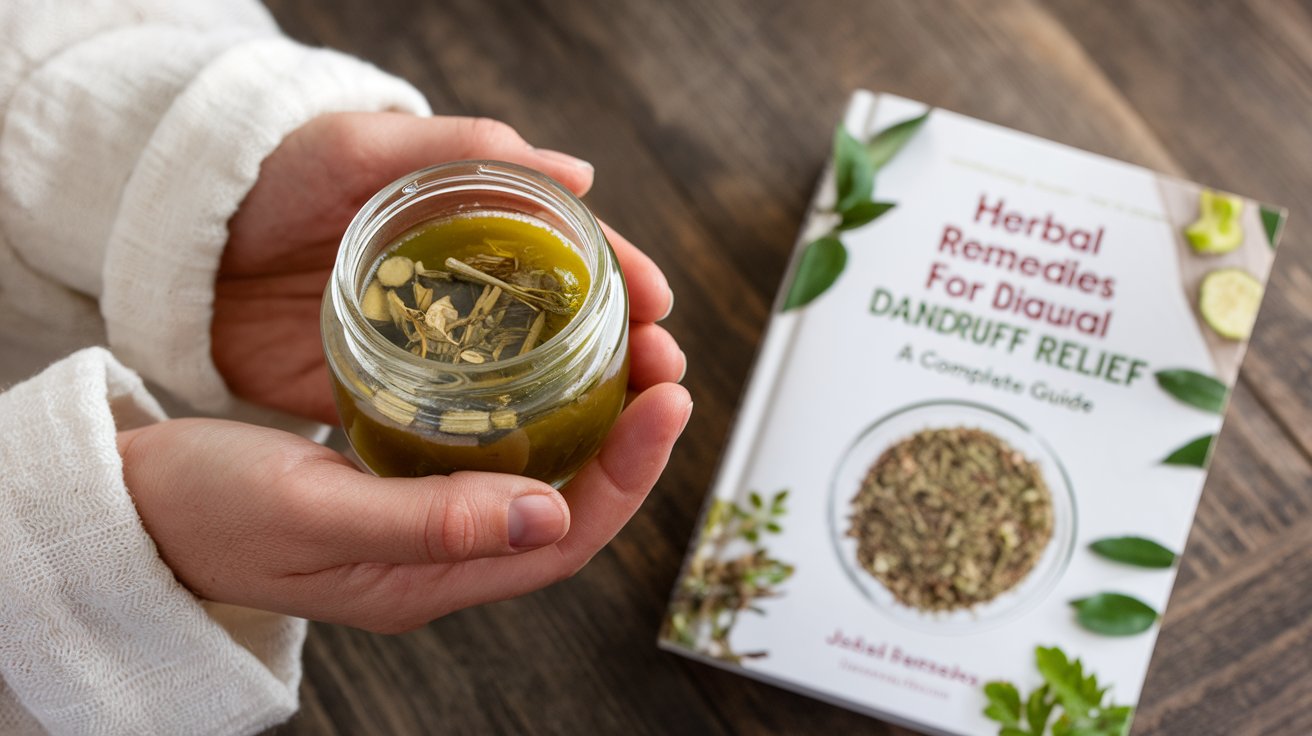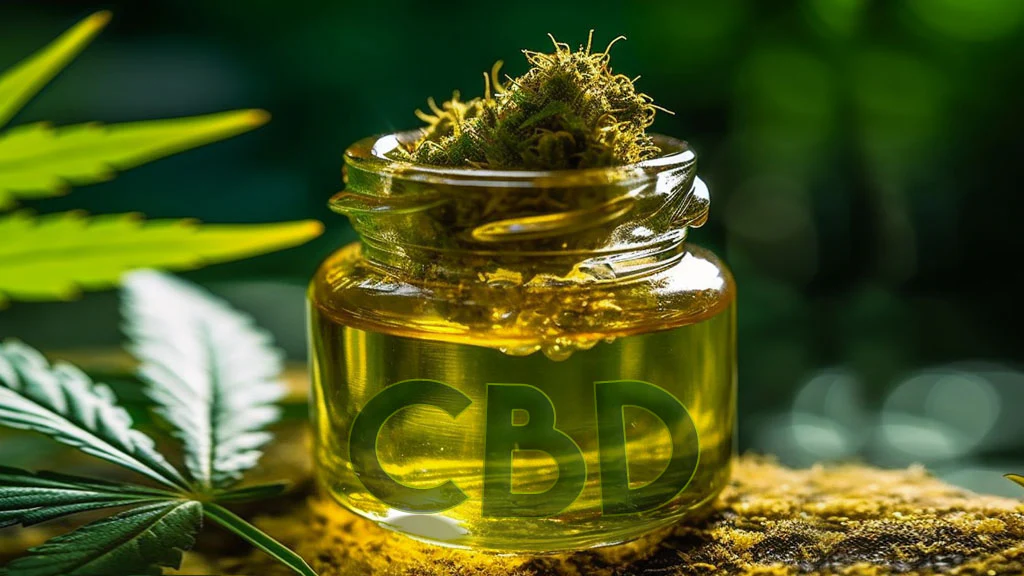If you’re an Indian citizen planning to settle in Canada or reunite with your spouse who is already there, you’ll likely need to authenticate your marriage certificate for it to be valid in Canada. Attestation serves as proof of the document’s authenticity, ensuring it’s recognized by Canadian authorities. This guide will walk you through the process, breaking down the requirements, steps, and challenges you may encounter, and offering tips to make the process smoother.
1. Understanding Marriage Certificate Attestation and Its Importance
When moving to Canada, you might be required to present your Indian marriage certificate attestation for various reasons, including applying for a spousal visa, sponsoring your spouse, or securing certain benefits. Attestation verifies that your marriage certificate is genuine and has been duly authenticated by Indian authorities. Canadian officials need this confirmation as a precaution to prevent misuse or falsified documentation.
The attestation process can be complex, involving multiple authorities, and may vary slightly based on your location within India. But with careful planning and attention to detail, you can complete it without undue stress.
2. Step 1: Obtain a Copy of Your Marriage Certificate
Before you begin, ensure you have a certified copy of your marriage certificate. In India, marriage certificates are issued by the local Registrar of Marriages in the area where your marriage took place. Here are some pointers:
- Check the Details: Verify that all information is correct, as even small errors could lead to issues during attestation. Names, dates, and places should match the information on other legal documents.
- Original and Copy: While the original is often used for final verification, make several copies for attestation purposes.
3. Step 2: Attestation Process Overview
The attestation process consists of several stages, each performed by different Indian government offices. Here’s a look at each one:
-
Step 2.1: Notary Attestation
- The first step is notarization by a registered Notary Public. Notarization verifies that your document is genuine. It’s a straightforward step and can usually be completed in a single visit to a notary’s office.
-
Step 2.2: State Home Department Attestation
- Next, you need attestation from the State Home Department where the marriage certificate was issued. The Home Department validates the document and confirms its legitimacy. This step is crucial, as it establishes that the document is legally valid within India.
- Procedures vary by state, so check the specific requirements in your area. This stage can take some time, as the document may need to go through several verification channels within the Home Department.
-
Step 2.3: Ministry of External Affairs (MEA) Attestation
- The MEA attestation is mandatory for any document intended for international use. The MEA certifies the document after the State Home Department, and this step verifies that the document is legally recognized across India.
- For MEA attestation, you can either visit the MEA office in person or work with an authorized agency to expedite the process. Note that only documents attested by the Home Department will be accepted for MEA attestation.
4. Step 3: Get the Document Attested by the Canadian Embassy or Consulate
After the MEA attestation, you need to get the marriage certificate attested by the Canadian authorities in India. This can be done at the Canadian High Commission in New Delhi or the respective Canadian consulates across India. Here’s how:
- Book an Appointment: Appointments are typically required, so check the consulate’s website for availability and requirements.
- Submit Required Documents: Alongside your marriage certificate, you may need to provide other supporting documents, including identification and proof of Indian nationality.
- Pay Fees: Fees vary depending on the consulate. You can usually pay in cash or through a bank draft.
5. Step 4: Legalization by Global Affairs Canada (GAC)
Once your document is attested by the Indian authorities and the Canadian consulate, you may need to have it legalized by Global Affairs Canada (GAC) if you’re submitting it within Canada. Here’s the procedure:
- Send Your Document to GAC: You can mail your document or, if you’re in Canada, visit the GAC office.
- Wait for Processing: Processing times vary based on volume. You may also choose to work with an attestation agency, which can streamline the process.
6. Additional Tips and Considerations
- Use a Reliable Agency if Needed: Agencies specializing in document attestation can help expedite the process. They understand the specific requirements of each step and can help ensure everything is done correctly, especially if you’re short on time.
- Prepare for Delays: The attestation process can be time-consuming, particularly with the Home Department and MEA steps. Be prepared for potential delays and plan accordingly.
- Document Translation: If your marriage certificate is not in English or French (Canada’s official languages), consider having it translated by a certified translator. Some Canadian immigration or legal services may require translated versions, which must be certified.
7. Common Challenges and How to Overcome Them
- Document Rejection Due to Errors: Errors in the certificate, such as misspelled names or incorrect dates, can lead to delays or even rejection. To prevent this, double-check your document carefully before submitting it for attestation.
- Time Constraints: Some stages of attestation, particularly with the Home Department and MEA, can take longer than expected. Start the process well in advance of your planned relocation to avoid last-minute stress.
- Choosing the Right Agency: If you choose to work with an attestation agency, research thoroughly. Some agencies offer expedited services, but ensure they are reputable to avoid fraudulent practices.
8. The Role of Apostille: Is it Necessary?
In many cases, apostille services can simplify the attestation process. Canada, however, is not part of the Hague Apostille Convention, meaning that you must follow the full attestation process rather than opting for an apostille alone. Therefore, both MEA and Canadian embassy attestation are essential for Indian marriage certificates intended for use in Canada.
9. Costs Associated with Marriage Certificate Attestation
The total cost of marriage certificate attestation can vary based on several factors, such as notary fees, state-level fees, MEA charges, and embassy costs. If you’re working with an attestation agency, they will charge an additional fee for their services. Generally, you can expect the costs to be manageable, but it’s wise to budget for each step in advance.
Here’s a quick overview of potential costs:
- Notary Fees: Nominal, usually a few hundred rupees.
- Home Department Attestation: Fees vary by state but are generally affordable.
- MEA Attestation: Approximately INR 50-100 per document.
- Canadian Embassy Fees: This varies but is usually around CAD 50-100.
10. Final Steps: Using Your Attested Marriage Certificate in Canada
Once your marriage certificate is fully attested, it’s ready for use in Canada. You can present it as part of your spousal visa application, residency paperwork, or other legal processes. Make sure to keep both the attested original and copies safe for future reference.
Conclusion
While getting an Indian marriage certificate attested for use in Canada may seem complicated, breaking down the process into clear, manageable steps can make it more straightforward. Each stage serves a purpose, helping Canadian authorities verify the authenticity of your marriage. By following these steps and remaining patient, you can ensure your marriage certificate meets Canadian requirements, allowing you to focus on your future plans in Canada with peace of mind.





